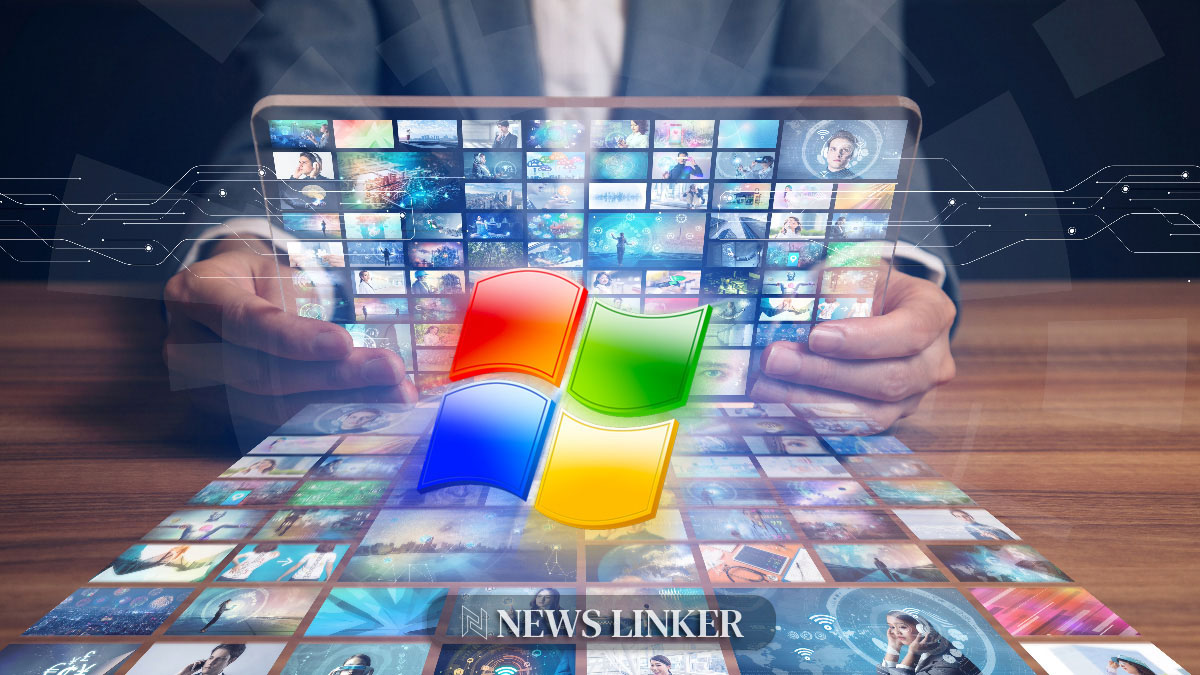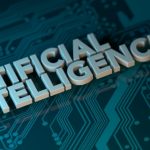In a pivotal move to fortify its position within the advanced technology sphere, Microsoft is spearheading a crucial assembly with South Korea’s tech elites. Scheduled for May 14, 2024, the MS CEO Summit 2024 will witness Microsoft’s top executives, including founder Bill Gates and CEO Satya Nadella, engage in strategic discussions with counterparts from Samsung, SK Hynix, LG Electronics, and SK Telecom. This assembly aims to explore and possibly initiate joint ventures that could lead to substantial advancements in AI technologies and their applications in various industries, pushing Microsoft further ahead in the tech race.
Core Discussions and Technological Synergies
The summit’s agenda is dense with potential groundbreaking collaborations. Samsung and SK Hynix are set to discuss the development of AI chips, which are crucial for enhancing the capabilities of Microsoft’s servers with cutting-edge technologies like High-Bandwidth Memory AI chips. Meanwhile, discussions with LG Electronics will likely focus on integrating AI into smart home devices, enhancing everyday consumer appliances with advanced AI functionalities. These collaborations could significantly shift competitive dynamics, especially against major players like Google and Meta.
Strategic Moves in Telecommunications and AI Integration
In telecommunications, Microsoft and SK Telecom are expected to delve into innovations in cloud services and 5G technologies. The GTAA, led by SK Telecom, is already making strides towards developing robust AI infrastructure that could serve over a billion users worldwide. These discussions are not just about technological advancements but also about creating a sustainable ecosystem where AI can thrive and bolster global connectivity and processing powers.
Historical Context and Industry Implications
The ongoing collaborations underscore a significant trend where big tech firms are not only focusing on internal growth but are also actively seeking partnerships that lead to shared technological advancements. For instance, Samsung’s recent innovations in AI accelerators and memory chips highlight an industry-wide push towards more efficient and powerful AI applications. This strategic shift is crucial as it demonstrates an industry preparing for a future where AI is ubiquitous, not just in computing but across all consumer and industrial technology.
Comparative insights from related reports like from Engadget’s “Samsung’s New Tech Could Redefine Smartphones” and The Verge’s “SK Telecom’s Bold Moves in AI Space” show similar strategic alignments in the tech industry, focusing on AI’s role in next-generation product development and service enhancements. Engadget discusses Samsung’s hardware innovations that complement the discussions at the MS CEO Summit, while The Verge highlights how telecom companies like SK Telecom are expanding their AI capabilities, aligning closely with Microsoft’s agenda.
A related scientific discussion in the Journal of AI Research, titled “Future Directions in AI Chip Technologies,” provides a broader scientific backdrop to these industry movements. It highlights emerging trends and the potential of AI technologies to revolutionize multiple sectors, supporting the practical implications of the collaborative discussions at the summit.
Insights for the Reader
- Microsoft-Samsung collaboration could redefine AI chip capabilities.
- Integrating AI into consumer appliances can revolutionize user experiences.
- Advancements in 5G and cloud services are pivotal for next-gen telecommunications.
The MS CEO Summit highlights a pivotal moment in technological evolution where leading corporations are not just participants but active creators of their industry’s future landscape. By forging strong partnerships and focusing on innovative AI applications, Microsoft is positioning itself at the forefront of this technological wave. These collaborations will likely catalyze the next leap in technology applications, impacting everything from consumer devices to global telecommunications infrastructure. The potential for these partnerships to set new industry standards makes this a critical juncture for both Microsoft and the global tech industry.










